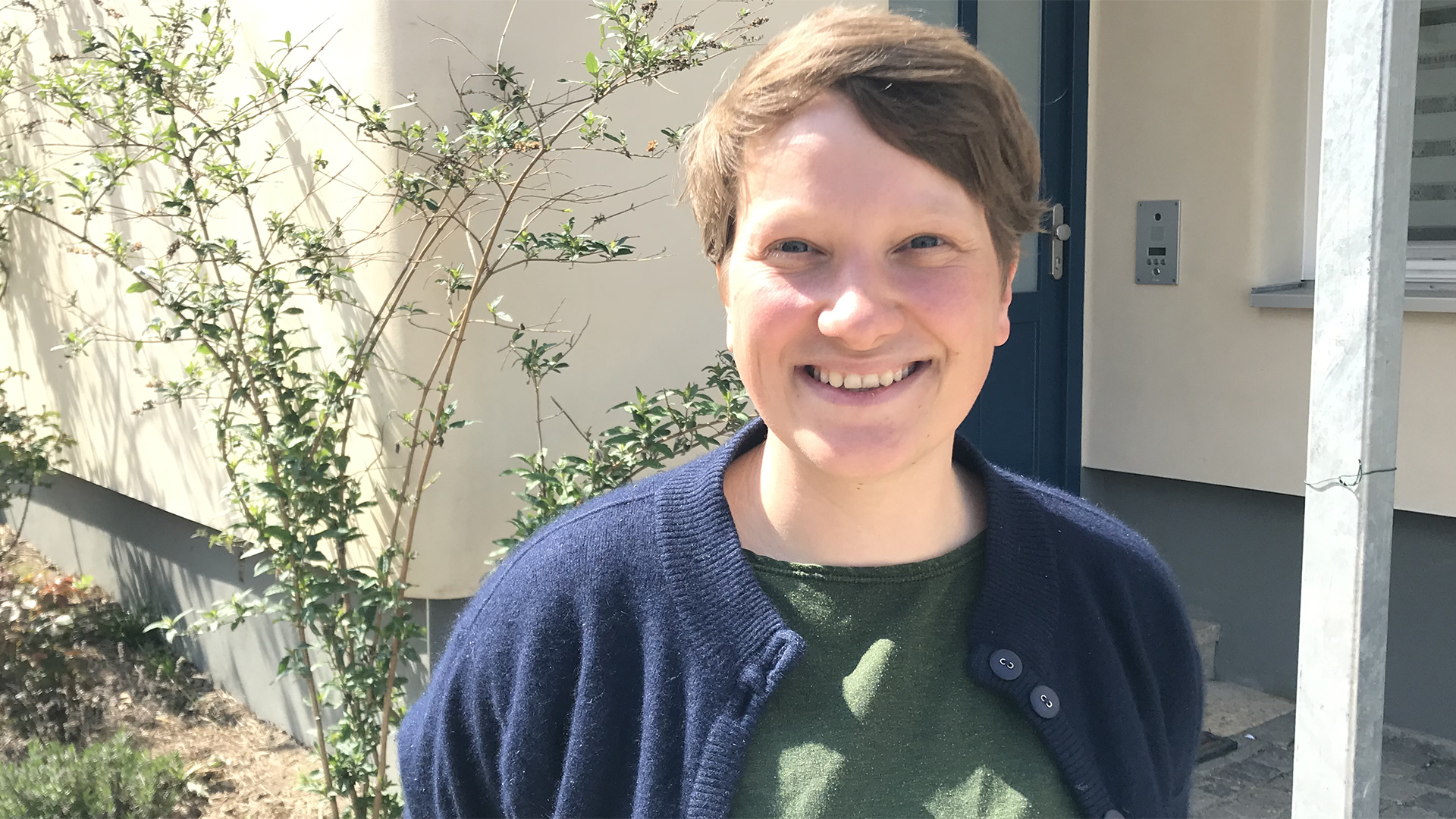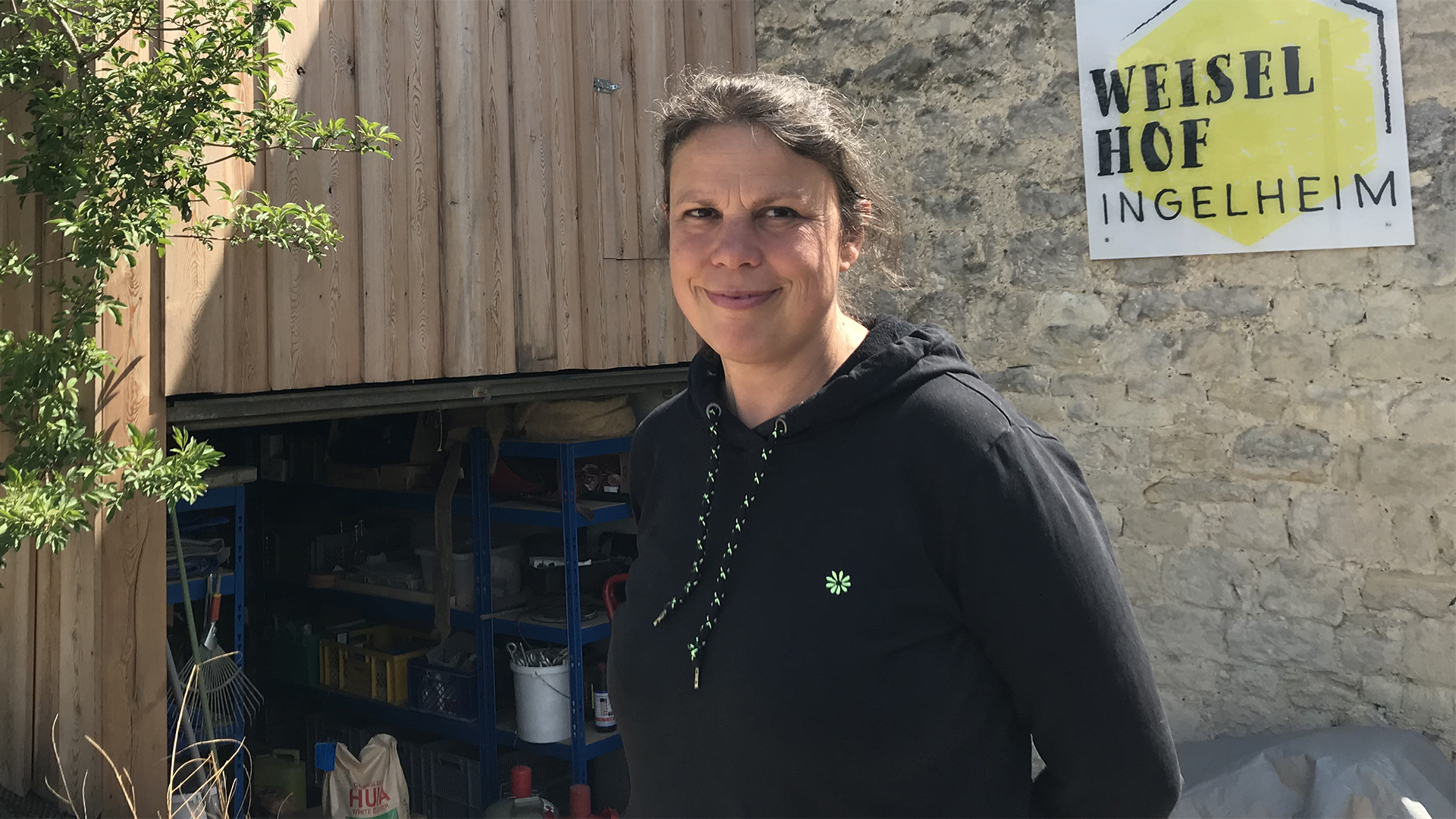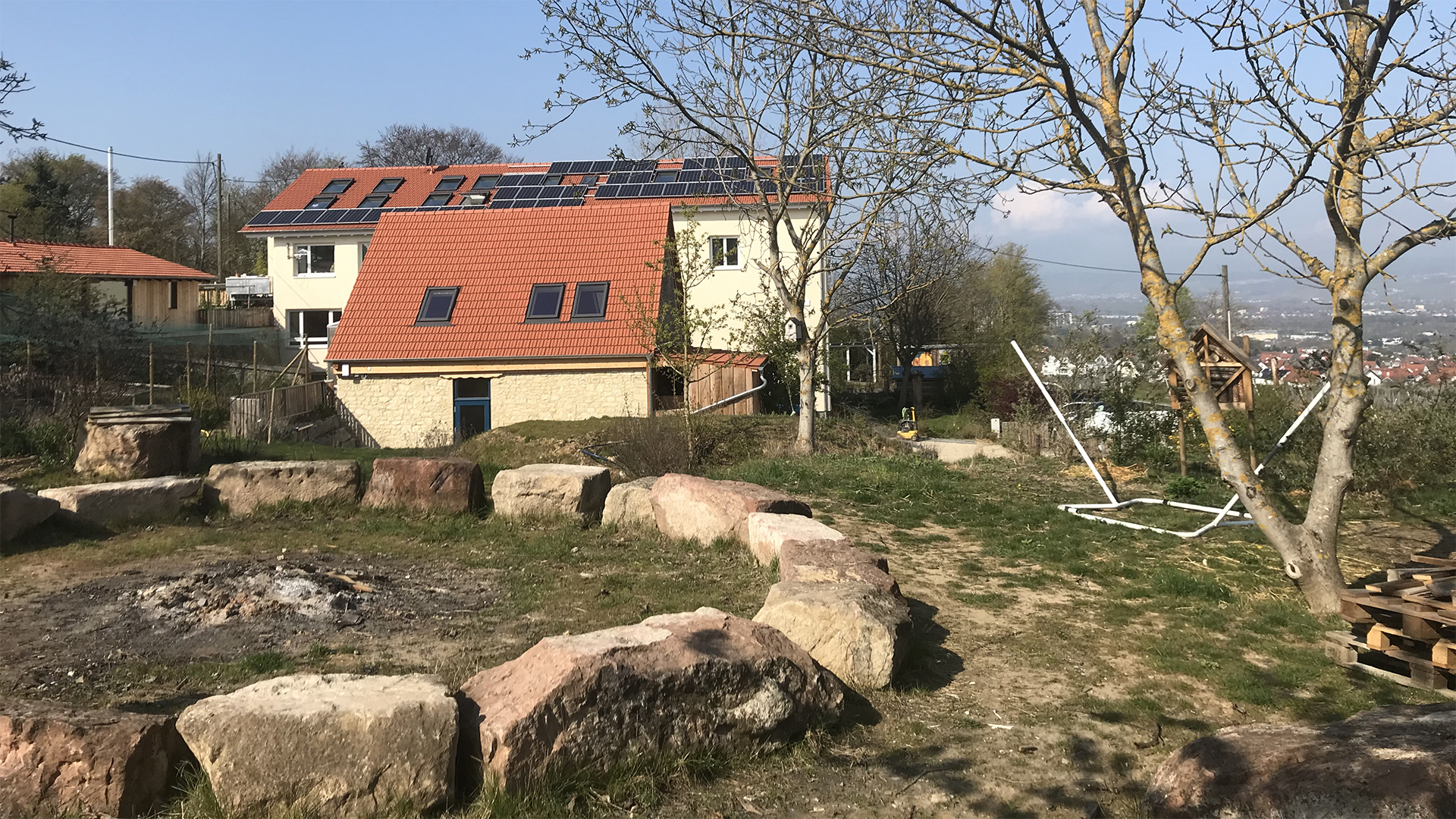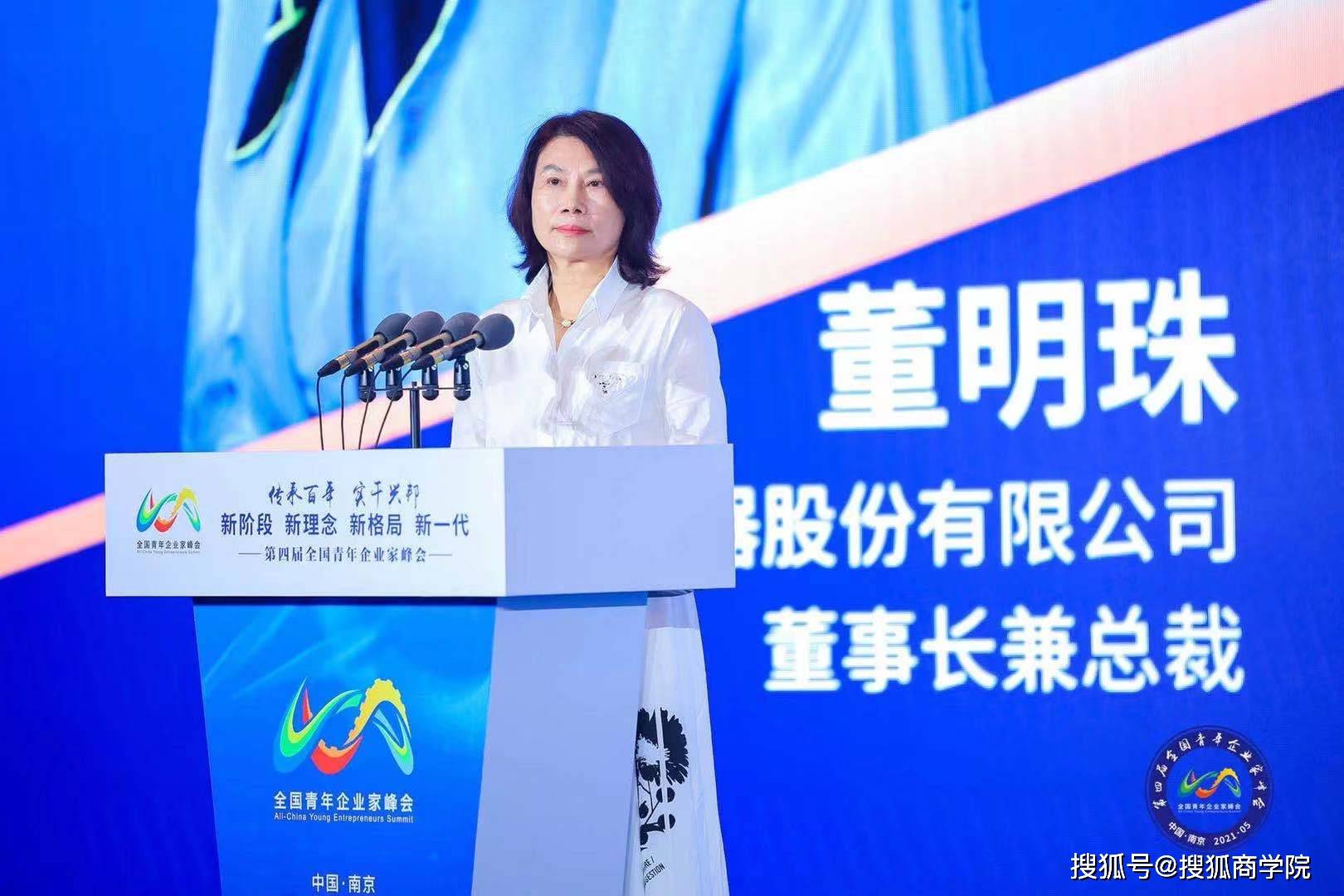This year, sustainable nutrition is the focus of the environmental action day “Earth Day” in Germany. A housing project in Rhineland-Palatinate shows how self-cultivation can help.
From Lucretia Gather, SWR Mainz The “Weiselhof” is located on a hill about 15 kilometers outside of Mainz. Located between two villages, surrounded by vineyards and fields, with a wide view of the Rheingau. Anne Berk has lived on the farm for two years with her husband Bernd and their children Aaron, 3, and Caspar, 1. But also with 13 other residents. Each of the six parties has its own apartment. And they all have a common goal. “We want to live as environmentally conscious and self-sufficient as possible,” says Berk, “and we believe that you can do it better together than alone.”
Potatoes, leeks and beans – home-grown
The community grows its own fruit and vegetables. Almost one hectare of land belongs to the farm. Each party has its own garden, and there are areas that are cultivated together. Carrots, potatoes, leeks, beans and lettuce grow there in summer. The vegetables thrive on the principle of so-called permaculture, a form of organic farming that relies on biodiversity instead of monocultures. We do not use any kind of fertilizer. What Anne Berk appreciates about life at the “Weiselhof” is that she has planted and watered almost everything that ends up on her plate herself. And everything in organic quality. “It couldn’t be more regional,” says Berk. “It’s great that my children just casually see how leeks and spinach actually grow – and then they prefer to eat the vegetables.” Today the Berk family has fried eggs for lunch – and they come from the chickens that run around the “Weiselhof”. There are also three beehives that provide their own honey and sheep. They are primarily used as lawn mowers – but their wool is also used as fertilizer.
 Anne Berk planted almost everything that ends up on her and her family’s table herself. Image: SWR Mainz
Anne Berk planted almost everything that ends up on her and her family’s table herself. Image: SWR Mainz
Buy groceries together – avoid rubbish
As a rule, whatever groceries the residents of the “Weiselhof” have to buy, they do it together. There is a large warehouse in the basement – with pasta, rice, flour, but also detergent and soap. Here, too, the community makes sure to choose organic and regional products as far as possible. “This is our Weisel store,” says Anne Berk. “We try to buy bulk packs for basic foods in order to avoid packaging waste.” Anyone who needs something can help themselves in the basement and write down what they have taken with them.
 Agricultural scientist Silke Steinbronn started the project. Image: SWR Mainz
Agricultural scientist Silke Steinbronn started the project. Image: SWR Mainz
Own power generation through photovoltaics
The project was founded by Thomas Hahner and his wife Silke Steinbronn. They had the idea for such a residential project for a long time. In 2018 they bought the site between Ingelheim and Wackernheim in Rheinhessen – and gradually expanded and renovated the former inn. “We want the people who live here to have good living conditions and that these conditions are also good for the environment,” Steinbronn describes the shared vision. As a PhD in agronomy, she worked a lot abroad and gained international experience in the field of organic agriculture.
Renovation with sustainable materials
Even when the courtyard was being renovated, they attached great importance to ecological renovation using sustainable materials. The facade is insulated with hemp, the roof with thatch. “With this type of eco-renovation, we now only use half the energy that was used here before the renovation,” says Steinbronn. The photovoltaic system on the roof donates so much energy that the farm is almost completely self-sufficient. “We have so much electricity that we can be 99 percent self-sufficient.” The community receives hot water from a solar thermal system, and wood pellets are used for heating.
 With the “Weiselhof” the residents want to show what is possible when it comes to environmental protection. Image: SWR Mainz
With the “Weiselhof” the residents want to show what is possible when it comes to environmental protection. Image: SWR Mainz
Share instead of owning
There is also enough electricity to charge the two electric cars that belong to the yard. Sharing instead of owning is particularly important to the residents of the “Weiselhof”. This doesn’t just apply to the cars. In the hall there is a cupboard with everyday items that everyone can use: from the iron to the hand blender to the waffle iron. “At some point we realized that we all have way too much stuff that we don’t need all the time,” says Anne Berk. “And it’s nice to share that.”
Goal: To be a “beacon” for environmental protection
The residents of the “Weiselhof” are aware that their way of life is somewhat exotic. And also that their life model is not the right one for everyone. “We don’t judge anyone who can’t or doesn’t want to live like this, that’s very important to us,” says Berk. The group wants to “be a lighthouse”, she says, and “show what is possible in terms of environmental protection.” And Steinbronn adds: She is already happy when someone simply decides to grow his tomatoes on the balcony himself instead of buying plastic-wrapped foreign tomatoes in the supermarket: “Every small step is good for the environment.”





























































You must log in to post a comment.